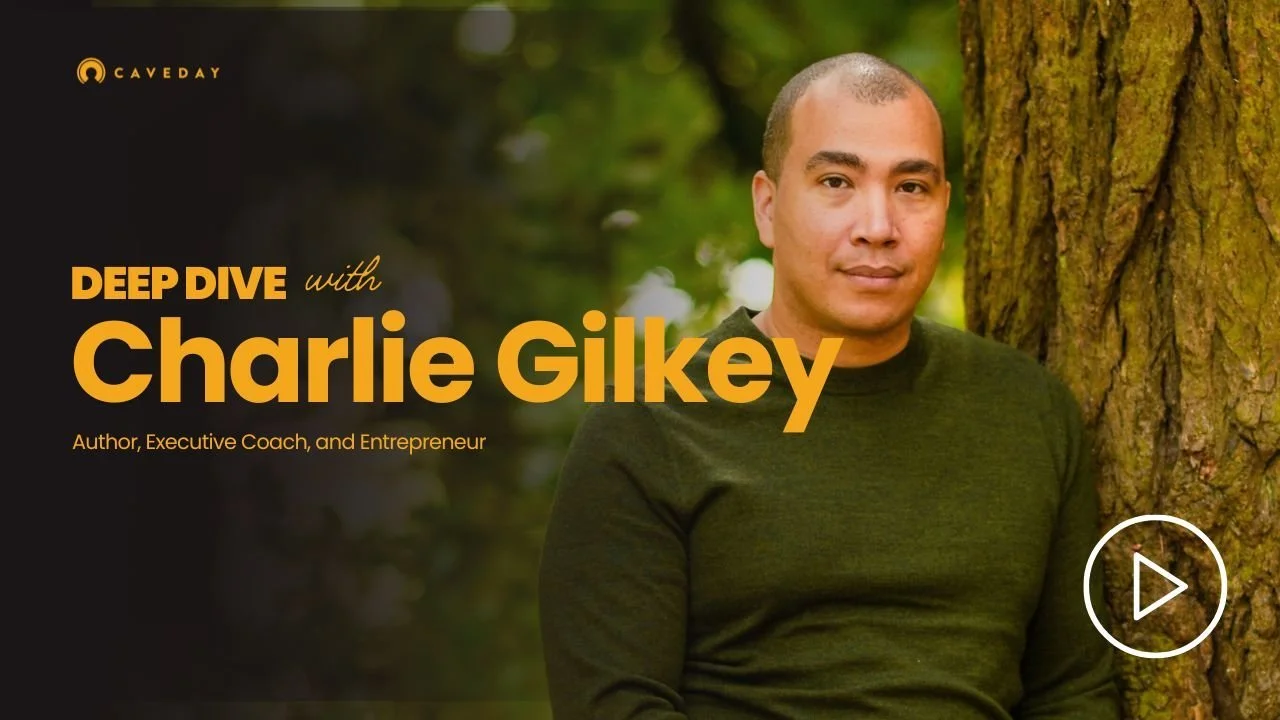3 Takeaways from Charlie Gilkey
In this month’s Deep Dive series, we sat down with Charlie Gilkey, founder of Productive Flourishing.
We discussed his new book, Team Habits, and the challenges we face when collaborating.
Here are three quick things that stood out from our conversation.
1) How We Want Change To Happen
Ultimately, if we are to update our team habits and correct our behavior, change is going to happen. Charlie explained that.
We want change for ourselves to happen fast.
But we want change for others to happen slow.
So if something is not working for us as individuals, like email response time expectations or days of back-to-back meetings, you want to change that as fast as you can.
But when other people want things to change that might not work for you or is just different for you, you want that to happen slow.
Therein lies the tension of creating change as a team.
2) The Five Project Rule
Charlie introduced this idea as a way to think about your own bandwidth.
We are only capable of managing UP TO 5 projects per time horizon. Doesn’t matter if it’s weekly, monthly, or quarterly (and he suggests that anything beyond quarterly is hard to plan), you’re picking 5 projects to “fund” with your focus.
That includes if you’re transitioning your kids from Camp back into the school year. Or if you’re moving, getting married, cleaning out your garage, or planning a birthday party.
It’s not that you’re a bad person or lazy for not getting to that big thing.
You just haven’t prioritized it as a real project–which means deprioritizing other projects.
3) SeLF KNOWLEDGE COMES FROM EXPERIMENTATION
We are learning about ourselves constantly. In the context of work, we could all fill out pages and pages of what we know about ourselves– what time of day we’re most awake, which pens we prefer writing with, how we organize our ideas and tasks…
Charlie talked about how he plans his days and mentioned that after lots of experimentation, he came to 3 ideal open meeting times during the day. These times match his energy, fit into his routines, and help him be at his best.
If you can, try it out. Experiment with changing your schedule in different ways. Try new technology and new ways to plan or review your weeks.
The more we experiment (and document them or at least reflect on them afterwards), the more we can know about ourselves.
Learn more about Charlie and his work here:
Charlie’s podcast: Productive Flourishing podcast
App: Momentum App
Free Planners: Momentum Planners
Books Team Habits and Start Finishing

